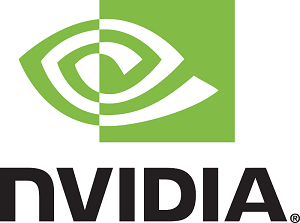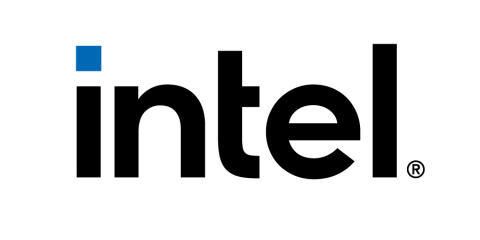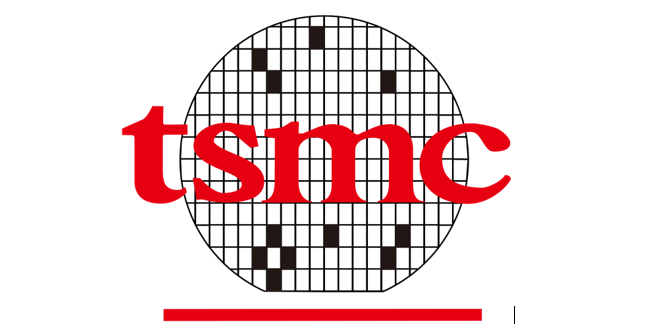We’re seeing the chip industry’s version of the scientific aphorism: “nature hates a vacuum.” The vacuum is the short supply of – and vast demand for – AI chips, and it’s roiling the semiconductor industry.
Chip foundry companies TSMC, Intel and Samsung are straining to expand GPU fab capacity, while Intel and AMD are mounting efforts to challenge NVIDIA’s 80 percent-plus market share for data center server GPUs. There’s also IBM’s AIU (see our story this week), and the specialty AI chip startups: Tenstorrent, Cerebras, Groq and SambaNova.
New efforts are surfacing. This week, memory chip company SK hynix and chip manufacturer TSMC have formed an AI semiconductor alliance, an apparent challenge to Samsung Electronics.
NVIDIA itself is reportedly starting a new unit whose mission is to design custom AI chips for cloud computing firms and others, according to a Reuters story.
News also broke that OpenAI CEO Sam Altman will attempt to raise trillions – yes, trillions – of dollars “to reshape the global semiconductor industry,” according to a story in the Wall Street Journal.
 It’s the latest stage of the “big bang” in chips ignited more than a decade ago when NVIDIA introduced GPUs to the HPC and AI industries, breaking Intel’s x86 CPU grip on the data center server market. Demand for HPC-AI compute was thrown into high gear by OpenAI’s launch of ChatGPT in November 2022. There’s no way of knowing which of these strategies will emerge as successful or how the AI chip industry will shake out, consolidate and settle down, but it’s certain the semiconductor industry is going through a phase of rapid change.
It’s the latest stage of the “big bang” in chips ignited more than a decade ago when NVIDIA introduced GPUs to the HPC and AI industries, breaking Intel’s x86 CPU grip on the data center server market. Demand for HPC-AI compute was thrown into high gear by OpenAI’s launch of ChatGPT in November 2022. There’s no way of knowing which of these strategies will emerge as successful or how the AI chip industry will shake out, consolidate and settle down, but it’s certain the semiconductor industry is going through a phase of rapid change.
Back to this week’s news: NVIDIA’s establishment of a new cloud chip unit, Reuters said, “aims to capture a portion of an exploding market for custom AI chips and to protect itself from the growing number of companies interested in finding alternatives to its products.”
 Apparently, NVIDIA’s aim is to customize chips for companies that use them at scale.
Apparently, NVIDIA’s aim is to customize chips for companies that use them at scale.
“Nvidia’s H100 and A100 chips serve as a generalized, all-purpose AI processor for many of those major customers,” Reuters stated. “But the tech companies have started to develop their own internal chips for specific needs. Doing so helps reduce energy consumption, and potentially can shrink the cost and time to design. Nvidia is now attempting to play a role in helping these companies develop custom AI chips that have flowed to rival firms such as Broadcom and Marvell Technology….”
 The idea is to “have the exact right mixture of compute and just the kind of compute that you need,” Greg Reichow, general partner at venture capital firm Eclipse Ventures, told Reuters, which also reported that Nvidia has met with Amazon.com, Meta, Microsoft, Google and OpenAI to discuss making custom chips.
The idea is to “have the exact right mixture of compute and just the kind of compute that you need,” Greg Reichow, general partner at venture capital firm Eclipse Ventures, told Reuters, which also reported that Nvidia has met with Amazon.com, Meta, Microsoft, Google and OpenAI to discuss making custom chips.
Regarding SK hynix and Taiwan’s TSMC, coverage in BusinessKorea and other news outlets stated that the alliance will “(pool) their technological capabilities for next-generation AI semiconductor packaging.”
 The companies’ “One Team Strategy” includes development of the 6th generation HBM. “Both companies are expanding their influence in their respective markets, with TSMC dominating by manufacturing Nvidia’s graphics processing units (GPUs), and SK hynix surpassing a 50 perecent market share in the HBM market that supports GPU computations.,” the publication reported.
The companies’ “One Team Strategy” includes development of the 6th generation HBM. “Both companies are expanding their influence in their respective markets, with TSMC dominating by manufacturing Nvidia’s graphics processing units (GPUs), and SK hynix surpassing a 50 perecent market share in the HBM market that supports GPU computations.,” the publication reported.
Finally, the Wall Street Journal reported that OpenAI chief Altman has met “with investors including the United Arab Emirates government to raise funds for a wildly ambitious tech initiative that would boost the world’s chip-building capacity, expand its ability to power AI, among other things, and cost several trillion dollars, according to people familiar with the matter.”
 Estimates for total investment: $5-7 trillion. That staggering amount, put into context, is far bigger than today’s global semiconductor industry, the Journal reported, which was $525 billion in 2023 and is estimated to reach $1 trillion by the end of the decade.
Estimates for total investment: $5-7 trillion. That staggering amount, put into context, is far bigger than today’s global semiconductor industry, the Journal reported, which was $525 billion in 2023 and is estimated to reach $1 trillion by the end of the decade.
“The amounts Altman has discussed would also be outlandishly large by the standards of corporate fundraising—larger than the national debt of some major global economies and bigger than giant sovereign-wealth funds,” according to the Journal.
Altman’s strategy is for OpenAI to partner with investors, chip makers and power providers, all them funding constrution of dozens of foundries that would be built and run by TSMC, according to the Journal story, with OpenAI as a major customer.



